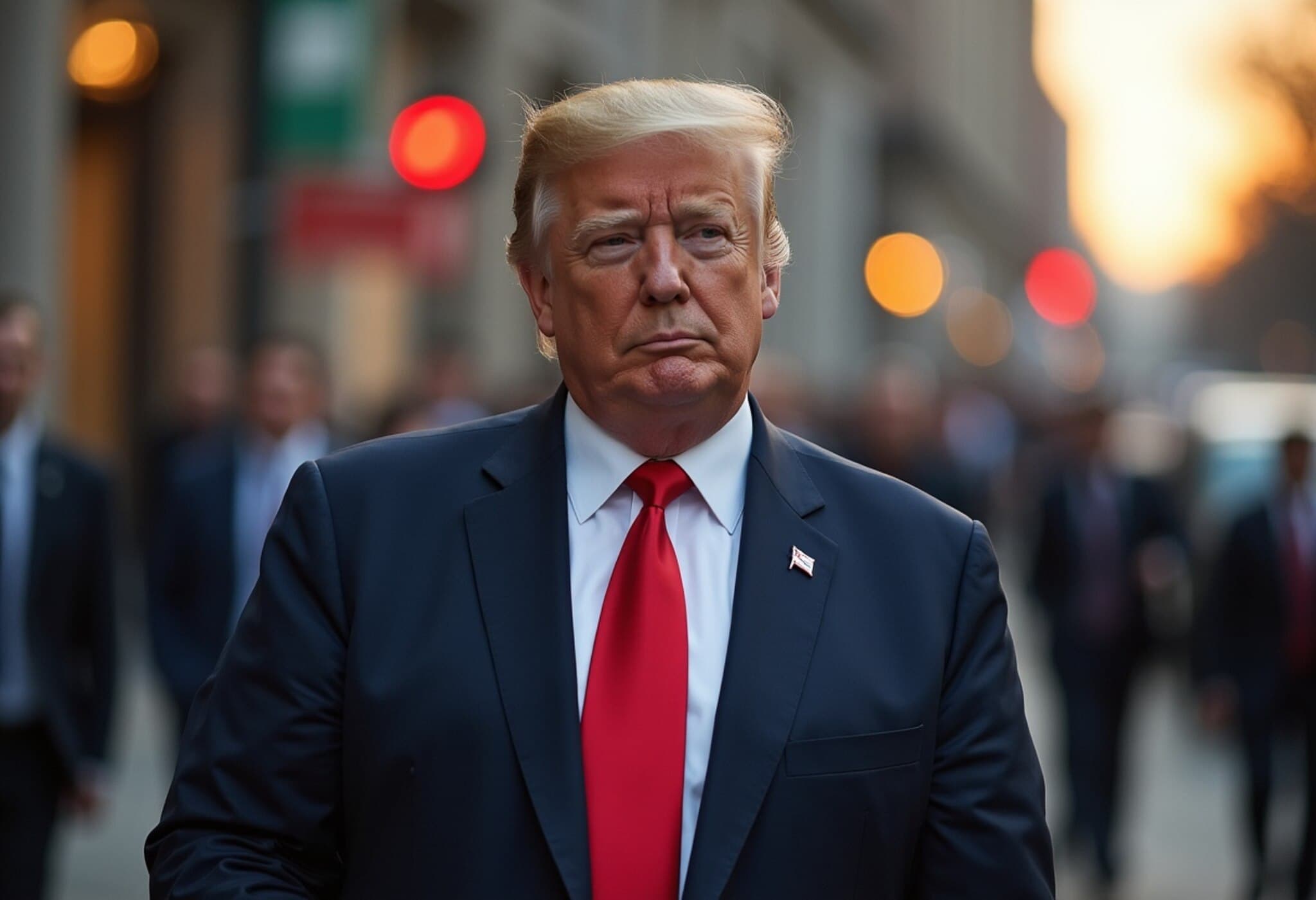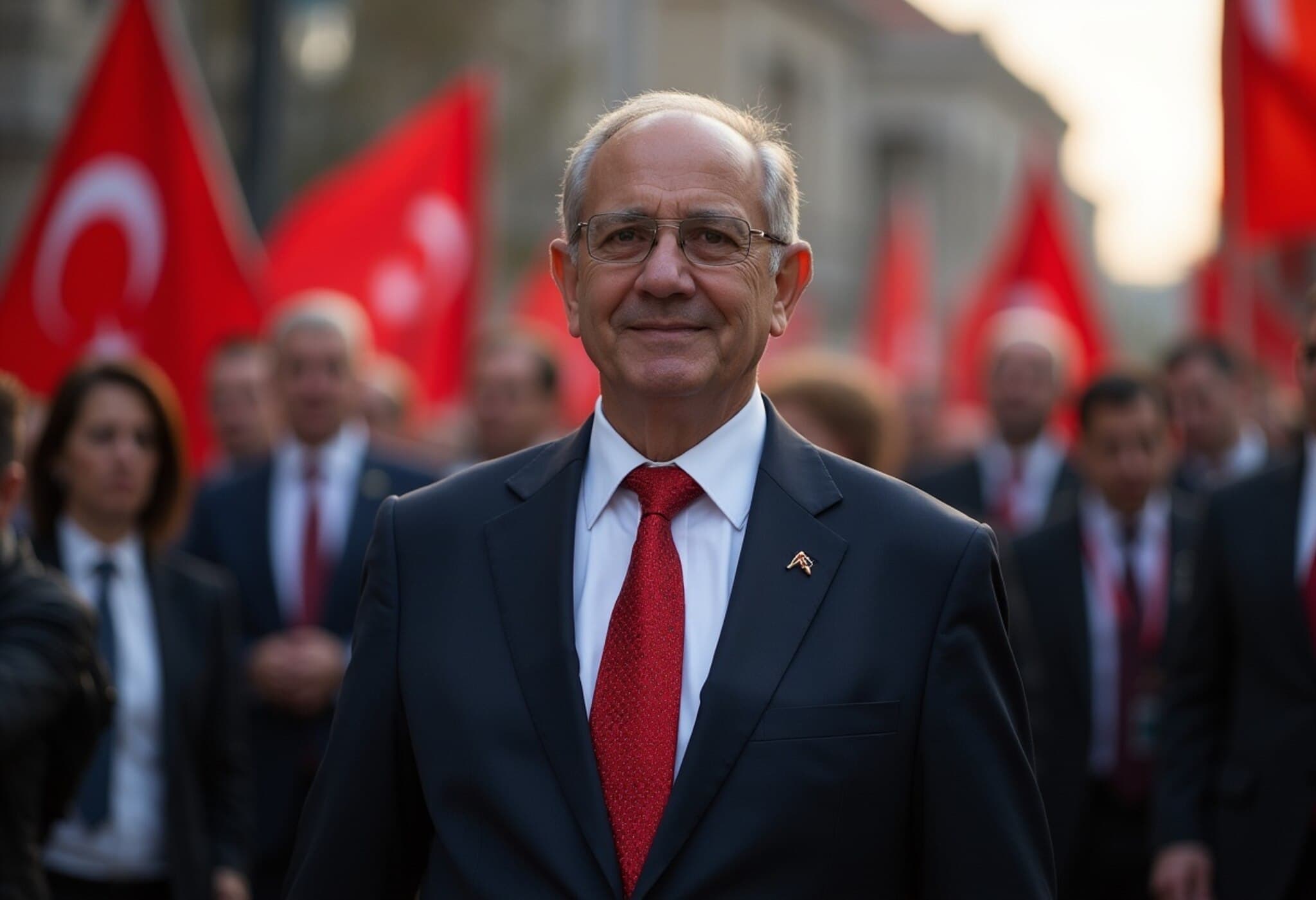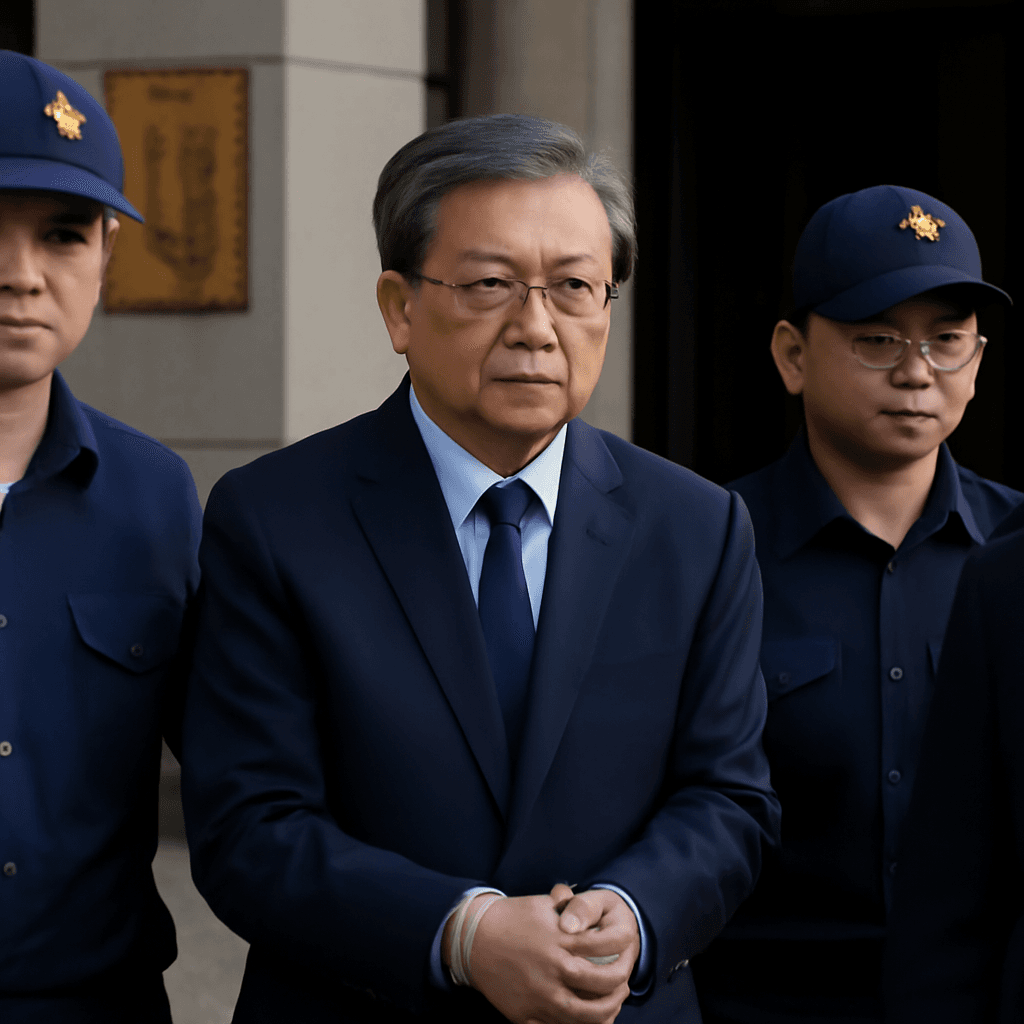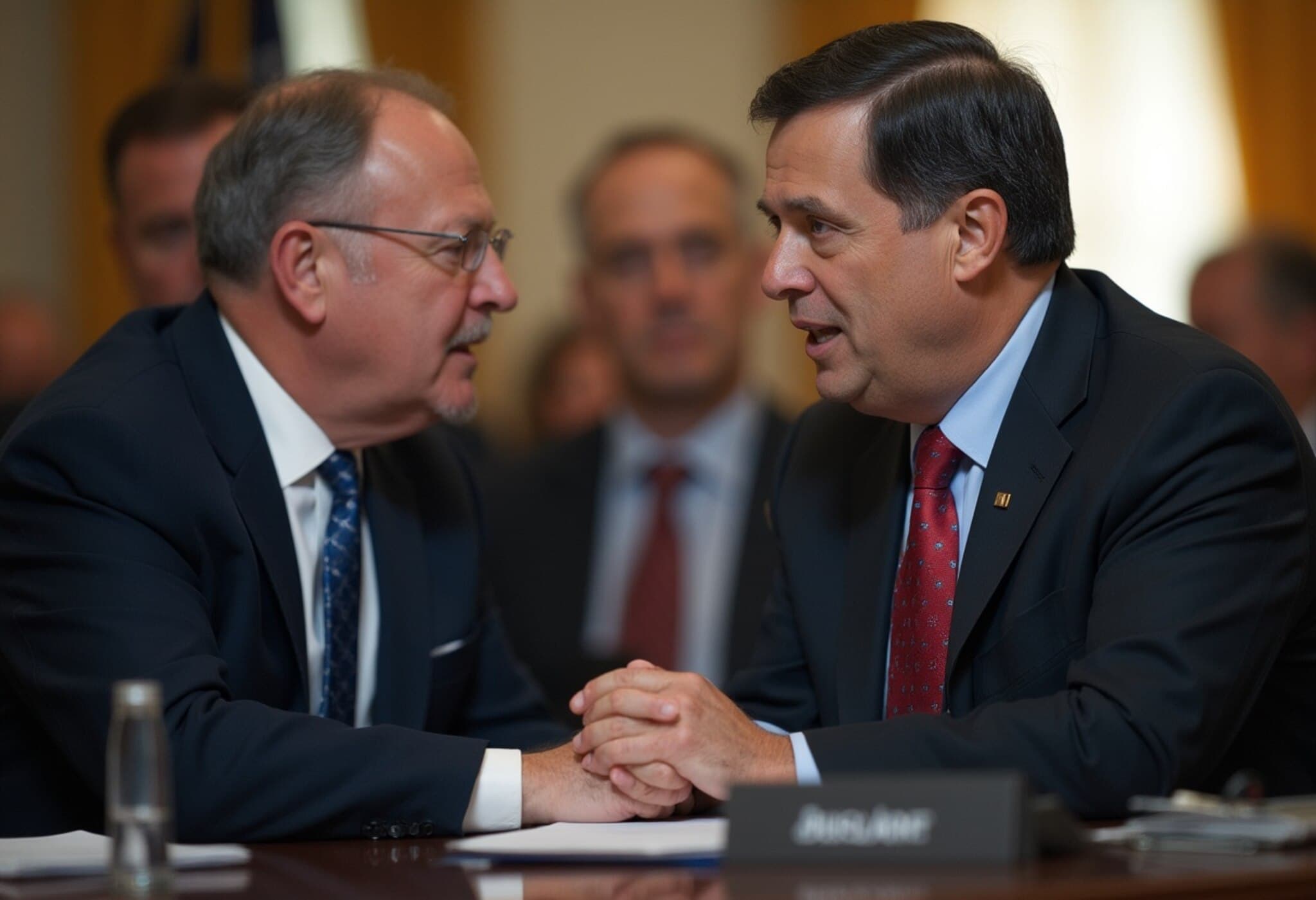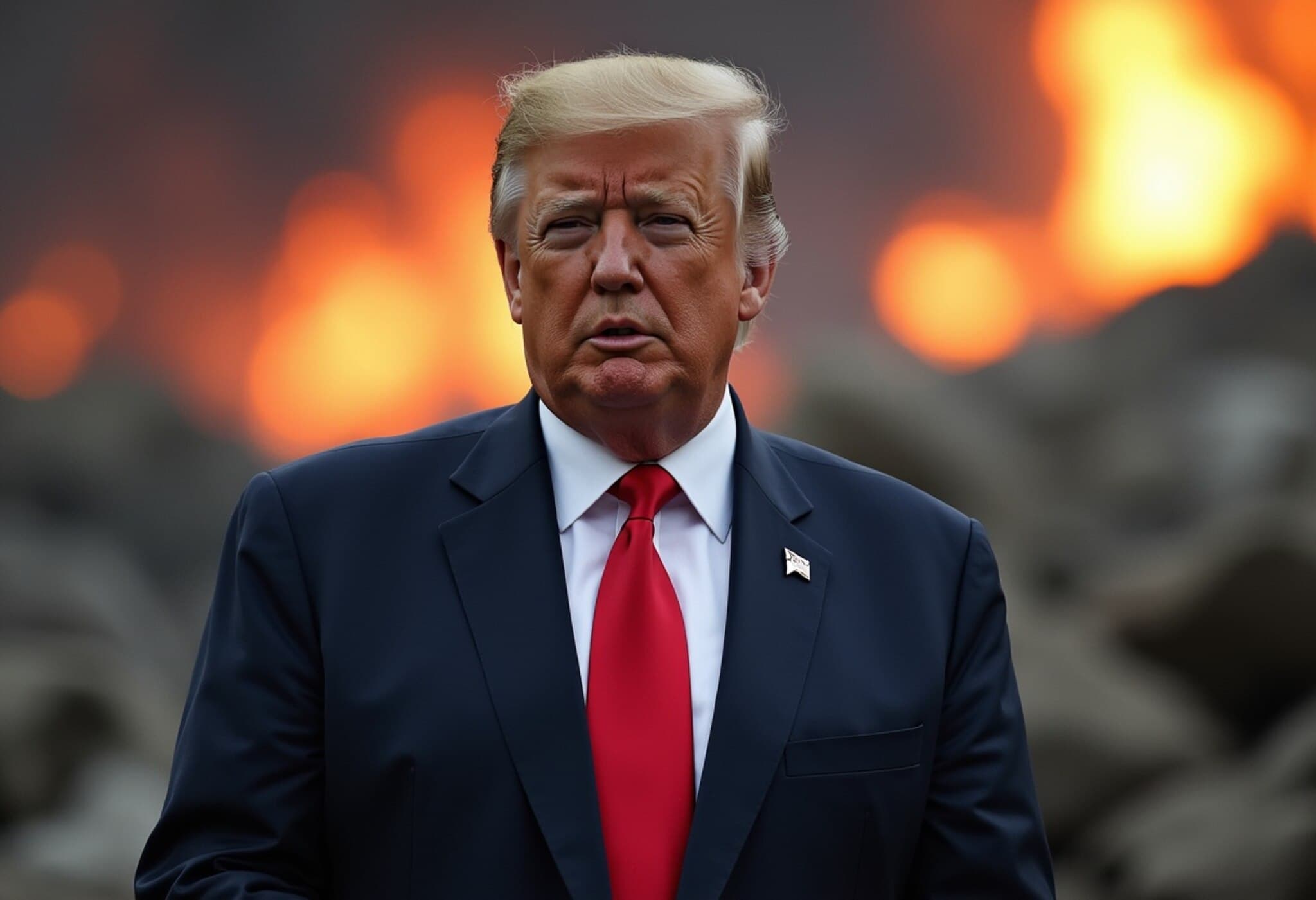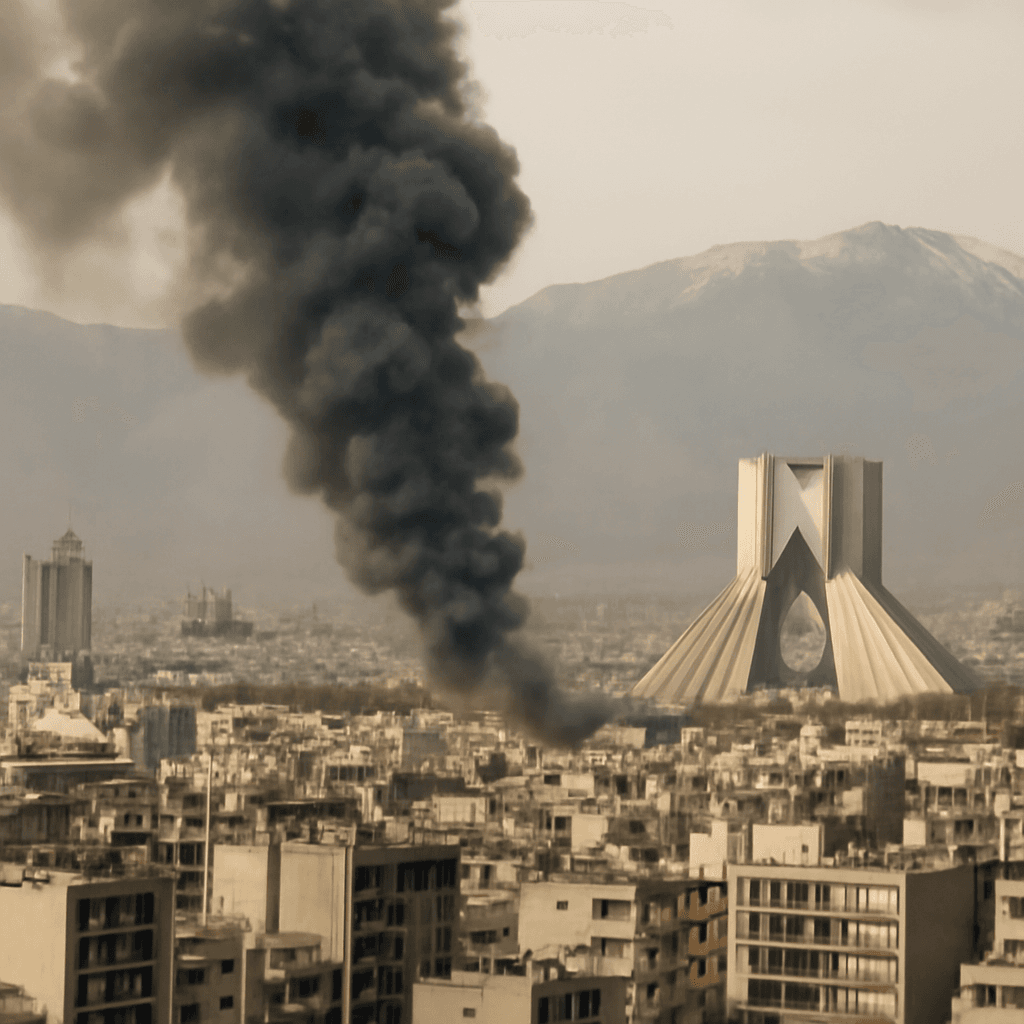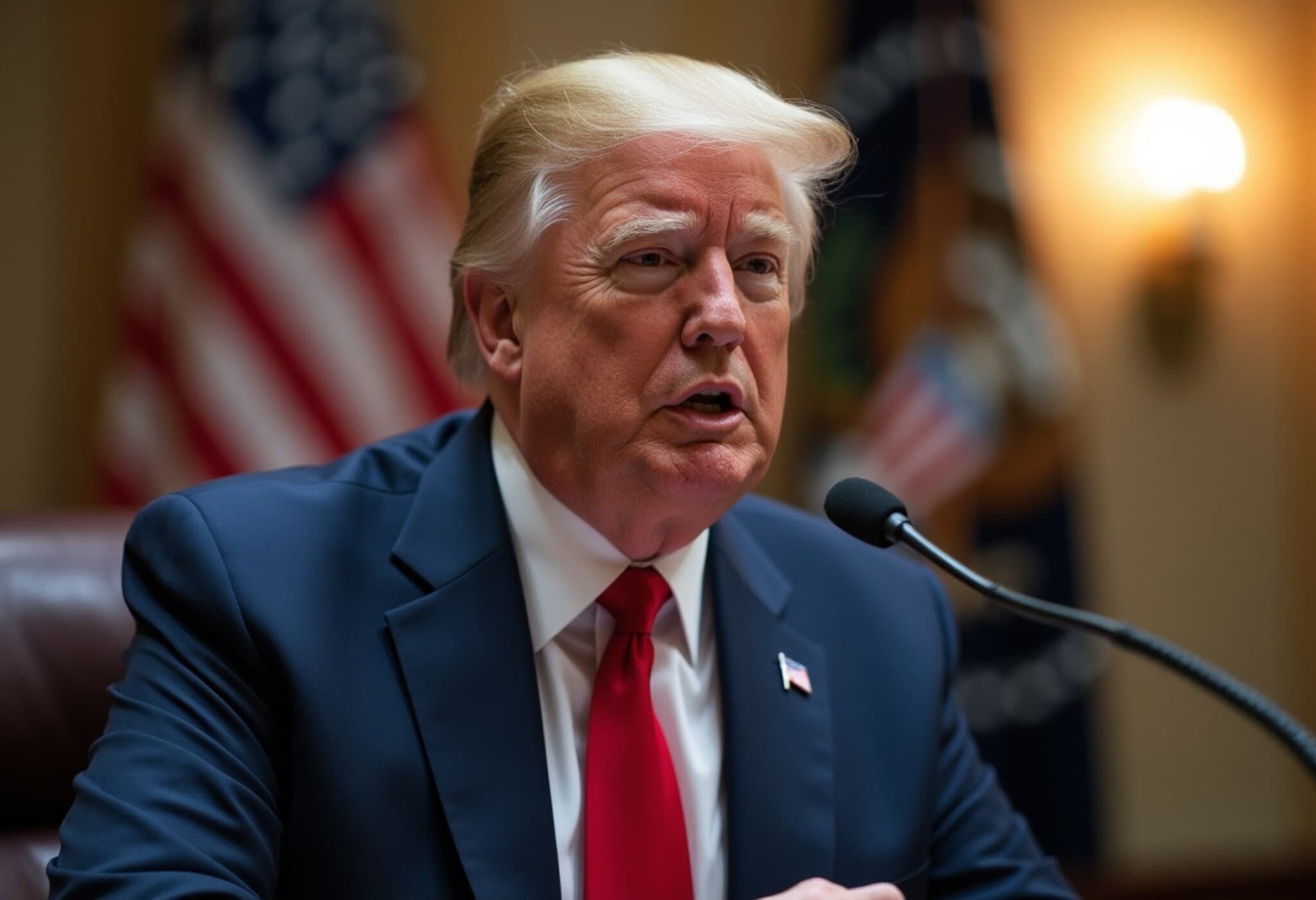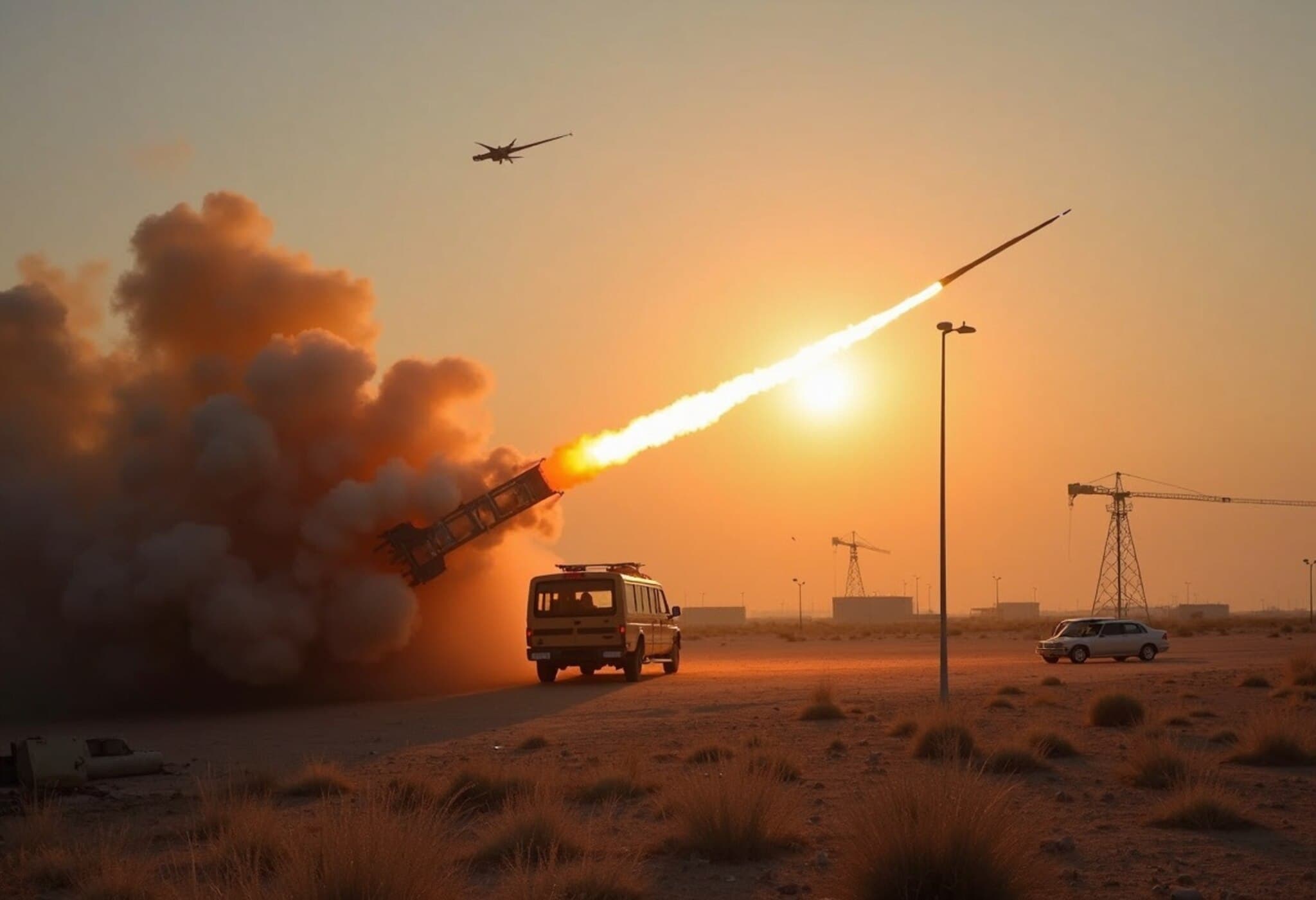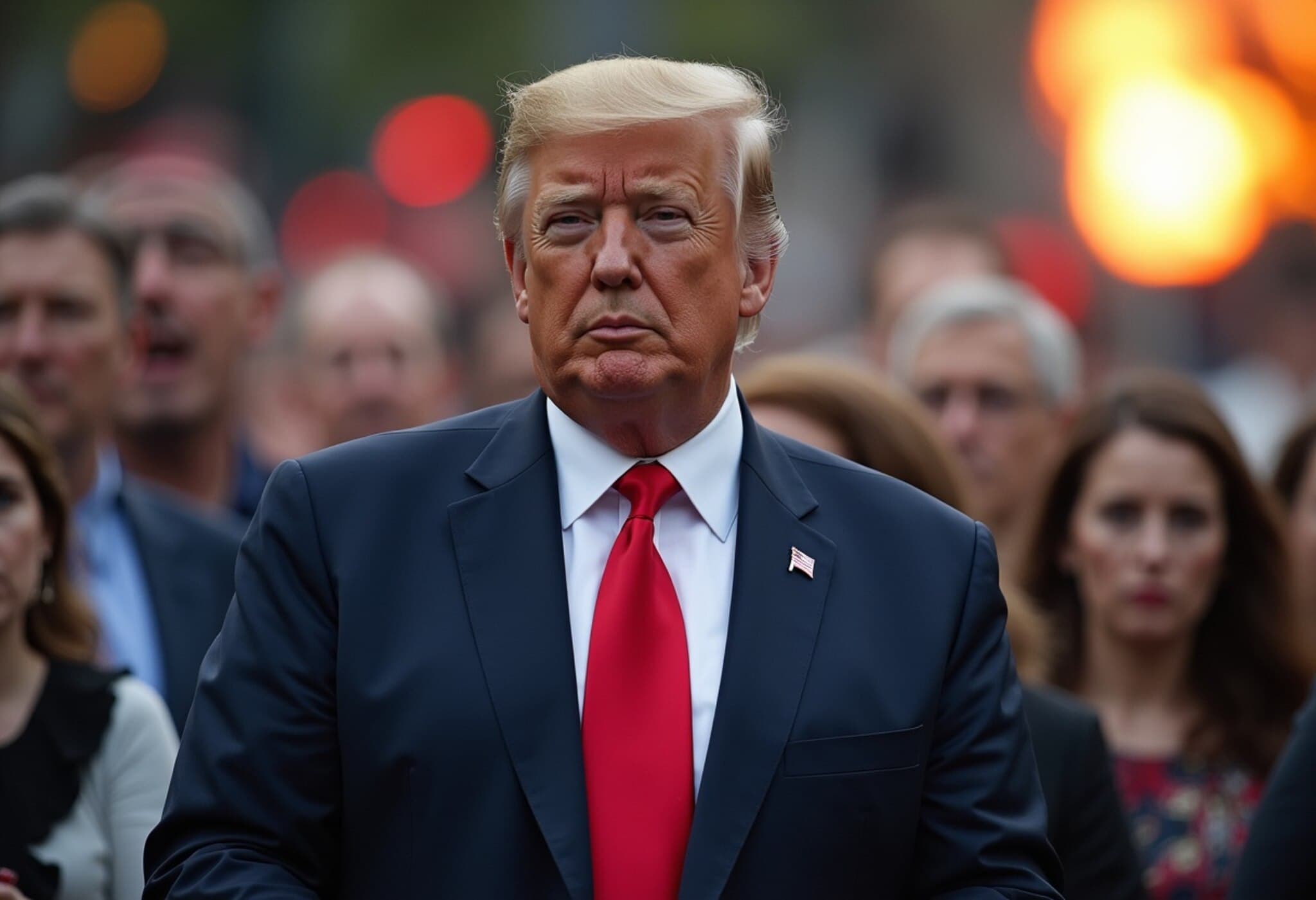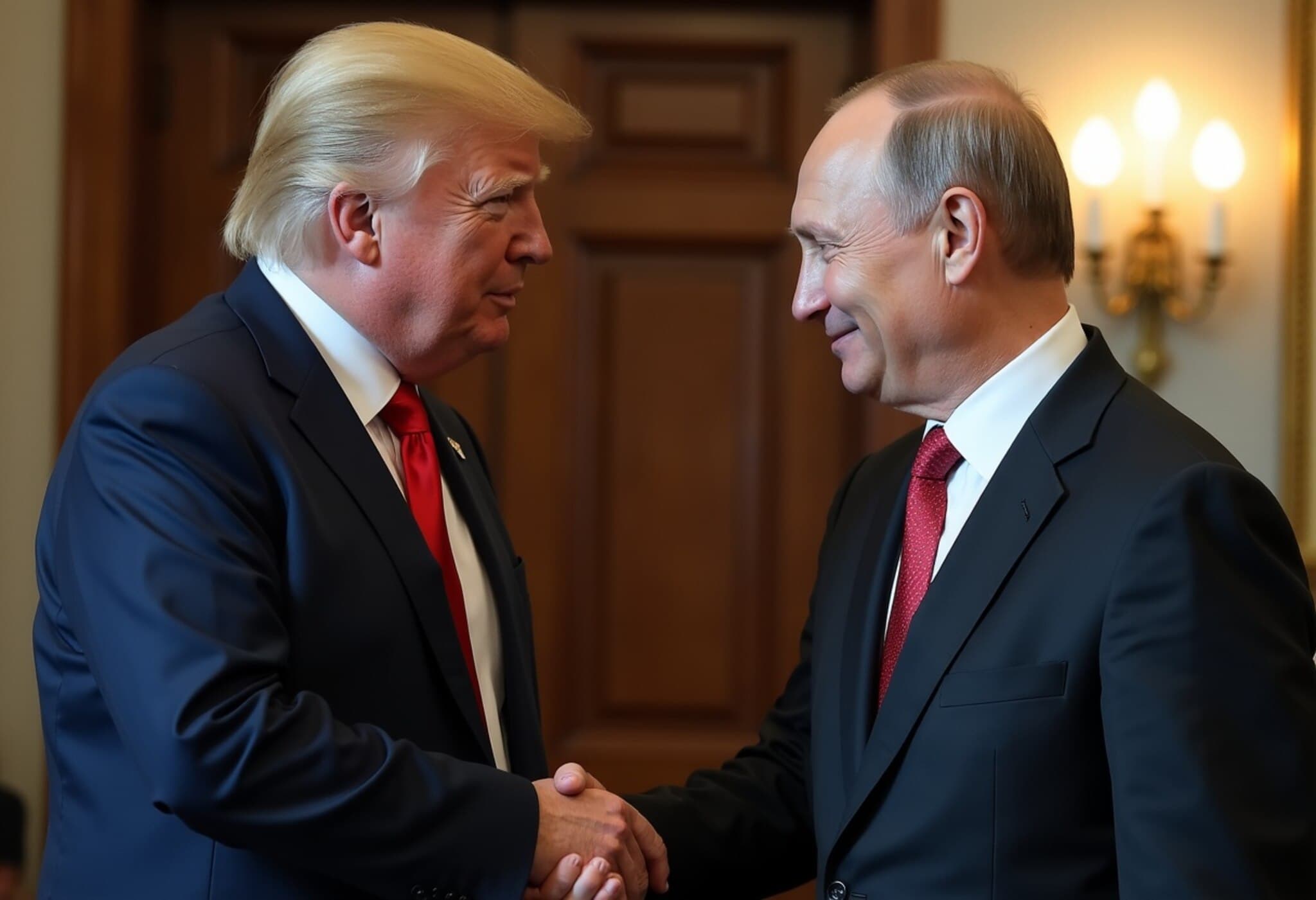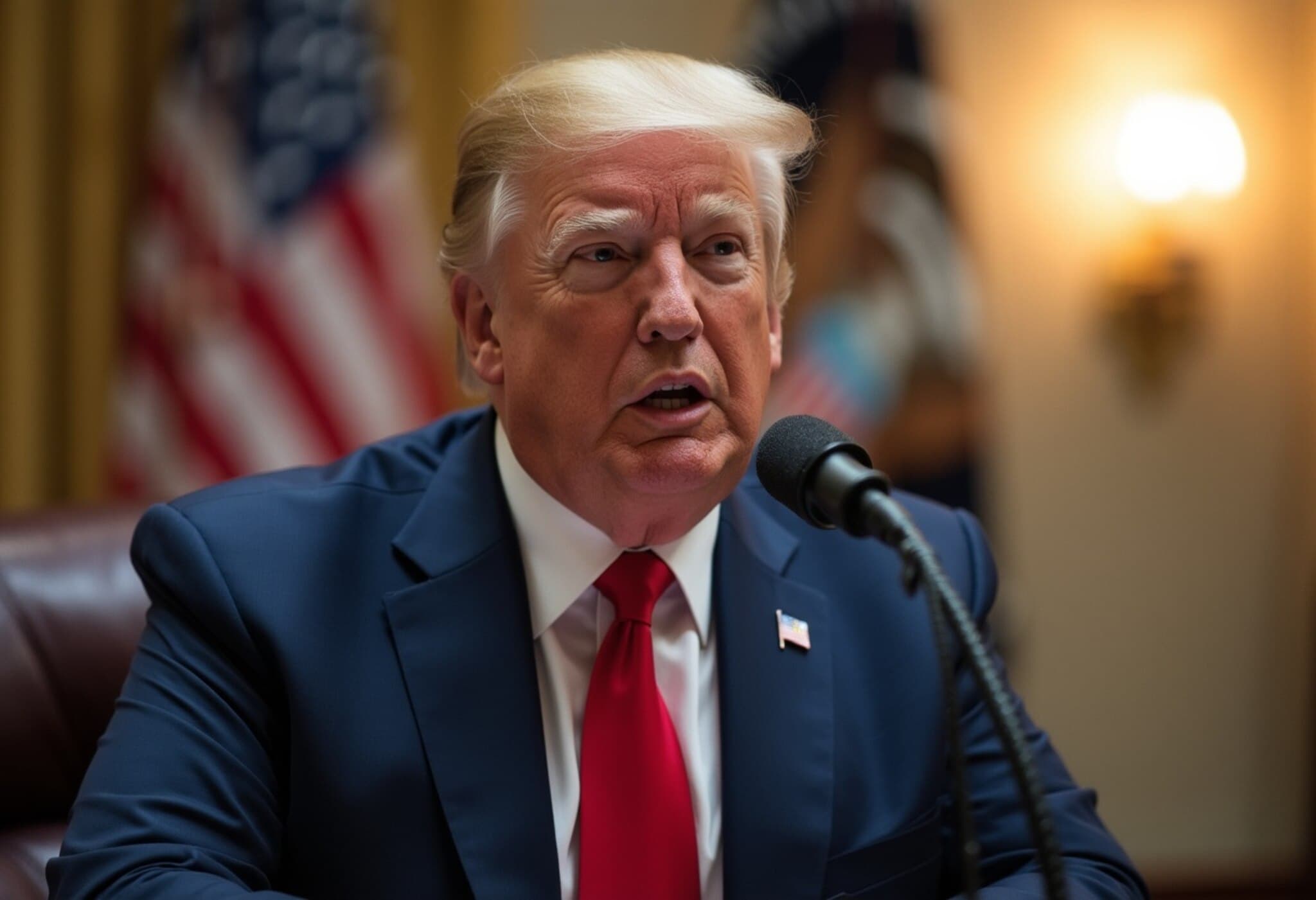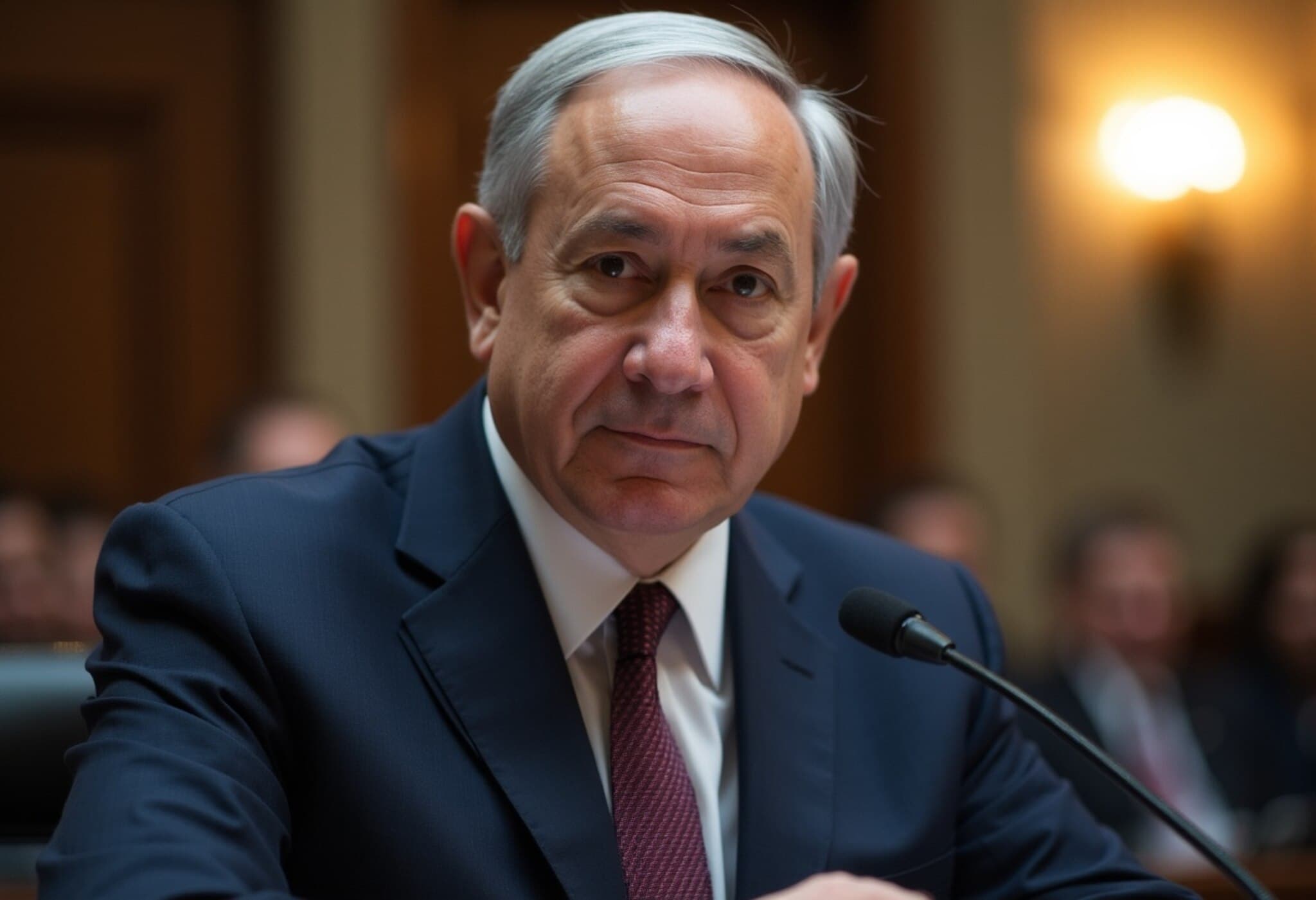Trump to Attend Security Briefing After Israeli Strikes on Iran
The White House confirmed that U.S. President Donald Trump will participate in a National Security Council meeting scheduled for Friday at 11 a.m. ET, following recent Israeli military strikes in Iran. These actions have escalated tensions in the volatile Middle East region.
Details of the Israeli Strikes
Israel announced it carried out strikes targeting Iran’s nuclear facilities, aiming to halt Tehran's efforts to develop atomic weapons. Reports from Iranian media and eyewitnesses described explosions near the country's primary uranium enrichment site, emphasizing the seriousness of the incident.
Official U.S. Response
U.S. Senator Marco Rubio characterized the strikes as a "unilateral action" by Israel and clarified that Washington was not directly involved in these operations. Rubio also cautioned Iran against retaliating by targeting American personnel or interests in the region.
In light of rising uncertainties, the U.S. Embassy in Jerusalem has ordered all American government employees and their families to shelter in place until further notice.
Background and Broader Context
President Trump had previously expressed support for pursuing a new nuclear agreement to limit Iran’s uranium enrichment activities. However, recent negotiations appear stalled. In a statement earlier on Thursday, Trump conceded that an Israeli strike was "possible," though he maintained hope for a peaceful diplomatic resolution.
Meanwhile, the U.S. military is preparing for all possible scenarios, including assisting in evacuating American civilians from the region if necessary.
Security Advisories and Travel Restrictions
The U.S. State Department highlighted the rapid shifts in the security situation and warned of potential travel restrictions within Israel and the Israeli-occupied West Bank. These measures could affect U.S. government staff and their families without prior notice to ensure their safety amidst unpredictable developments.
What to Watch Moving Forward
- Upcoming National Security Council discussions will shed light on America’s strategic stance amid rising Middle East tensions.
- Potential diplomatic responses from Iran and broader international reactions could shape regional stability.
- The evolving security situation may prompt additional precautions or evacuations involving U.S. personnel.
The unfolding situation remains fluid, with international attention focused on preventing further escalation and maintaining peace in an already fragile landscape.

